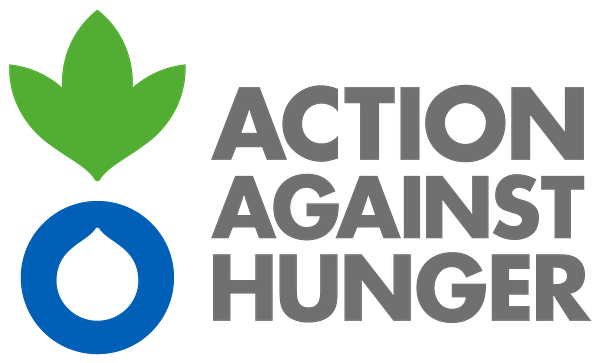Press release -
Action Against Hunger calls on the U.N. to implement Resolution 2417 and help break the deadly link between conflict and hunger
Action Against Hunger, the world’s nonprofit hunger specialist, renewed calls for the United Nations to live up to the words of Resolution 2417, which condemns using hunger as a weapon of war or unlawfully denying humanitarian access to civilians in need of aid. The U.N. Security Council unanimously passed the landmark resolution one year ago, but conflict remains the leading cause of acute hunger worldwide.
While climate change and drought play a role, the eight most serious hunger crises in the world are in conflict-affected countries – Yemen, the Democratic Republic of Congo, Afghanistan, Ethiopia, the Syrian Arab Republic, Sudan, South Sudan, and Nigeria – where nearly 72 million people face acute food insecurity.
“This is a matter of life and death for millions. The Security Council must do more to reach civilians who are trapped in conflict situations,” said Shashwat Saraf, Action Against Hunger’s Country Director in Nigeria. “We not only need unfettered access to meet humanitarian needs, but also to collect data that is essential to understanding the scope of crises and planning coordinated and effective responses. The world needs an effective way to break the cycle between hunger and conflict, and the Security Council plays a critical role in our collective efforts to create it. Too many lives are at stake.”
In remarks delivered at the U.N. last week, Action Against Hunger emphasised the vital role of the Security Council, and called on it to advocate for member states to uphold international humanitarian law, support governments in ensuring unimpeded humanitarian access in conflict zones, hold countries accountable if they don’t move swiftly enough, and minimise the unintended consequences that sanctions and counter-terrorism measures can have on vulnerable civilians.
Topics
- War
Categories
- yemen
- sahel
- syria
- senegal drought
- niger
- middle east
- Action Against Hunger is a global humanitarian organisation that takes decisive action against the causes and effects of hunger. We save the lives of malnourished children and work with their communities before and after disaster strikes. We ensure that everyone can access clean water, food, training and healthcare. We enable people to provide for themselves and we constantly search for more effective solutions, while sharing our knowledge and expertise with the world. We push for long-term change. We will never give up. Until the world is free from hunger.
- In 2017, Action Against Hunger helped more than 20.2 million people in nearly 50 countries around the world.
- www.actionagainsthunger.org.uk
- Follow us @acf_uknews
